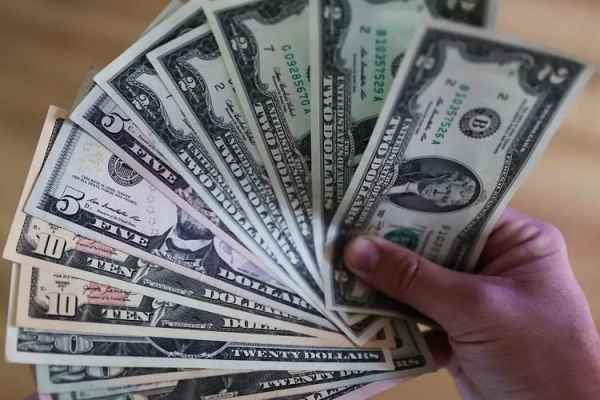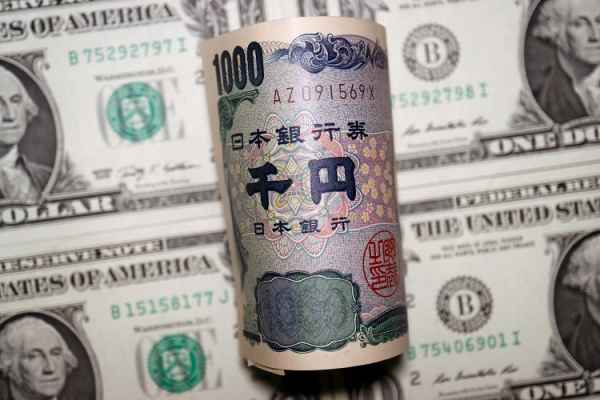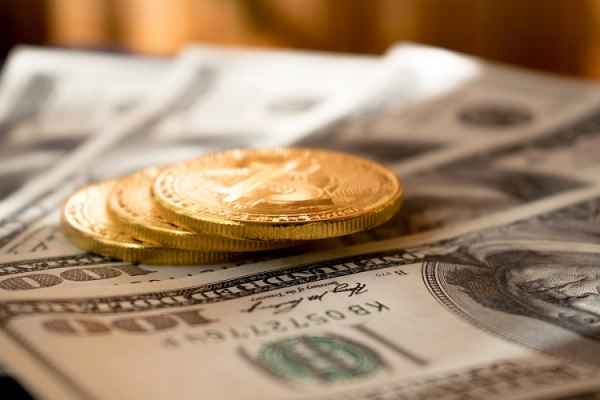The yen exchange rate plunged due to the overt dovish bias in the Bank of Japan's first policy meeting results under Governor Kazuo Ueda.
The outcome of the first regular meeting of the Bank of Japan (BoJ) under its new governor, Kazuo Ueda, showed a commitment to maintaining ultra-loose monetary policy, including the controversial yield curve control (YCC) policy. As a result, the yen's value plummeted in trading on Friday (April 28).
USD/JPY jumped by around 1.5% to the range of 136.00. EUR/JPY surged by almost 1.2% to its highest level since December 2014. GBP/JPY also increased by nearly 1.3% to its highest level in about five months.
 USD/JPY Daily chart via TradingView
USD/JPY Daily chart via TradingView
Market participants had predicted that the BoJ would maintain the interest rate at -0.1% --in line with Ueda's testimony before the Japanese parliament some time ago. However, some had previously hoped that the BoJ would modify the YCC policy as a first step in normalizing policy under new leadership.
The BoJ's policy meeting announcement this morning dashed all those hopes. The BoJ announced that its inflation projections for all categories of goods (including food and energy) would be 2.5% for the fiscal year 2023, then drop to 1.5%-2.0% in 2024 and 2025. However, Ueda had previously emphasized that inflation must be "sufficiently strong and close to 2%" sustainably before the central bank would be willing to adjust its YCC policy.
"The central bank will continue QQE (Qualitative and Quantitative Monetary Easing) with Yield Curve Control to achieve price stability target for as long as it is necessary to maintain the target stably," reads the latest BoJ policy outlook.
The BoJ policy outlook even states that the central bank "will not hesitate to take additional easing steps if necessary." It is undeniable that the outcome of this BoJ meeting has disappointed traders and investors both in and outside of Japan.

 Dedicated FREE FOREX VPS
Dedicated FREE FOREX VPS Free FOREX Virtual Private Server
Free FOREX Virtual Private Server MT4 Demo Contest, Get $500
MT4 Demo Contest, Get $500 Sign Up for an Account, Claim 60% Deposit Bonus
Sign Up for an Account, Claim 60% Deposit Bonus Free MT4/MT5 VPS 2024
Free MT4/MT5 VPS 2024 Send E-mail and Get Free Merchandise
Send E-mail and Get Free Merchandise $1K Refer a Friend Bonus for Pepperstone Pro clients
$1K Refer a Friend Bonus for Pepperstone Pro clients Maximize Your Earnings with 100% Deposit bonus
Maximize Your Earnings with 100% Deposit bonus Trade to Win, $5,000 Monthly Demo Contest
Trade to Win, $5,000 Monthly Demo Contest Claim 30% + 15% Deposit Bonus from LiteFinance
Claim 30% + 15% Deposit Bonus from LiteFinance






